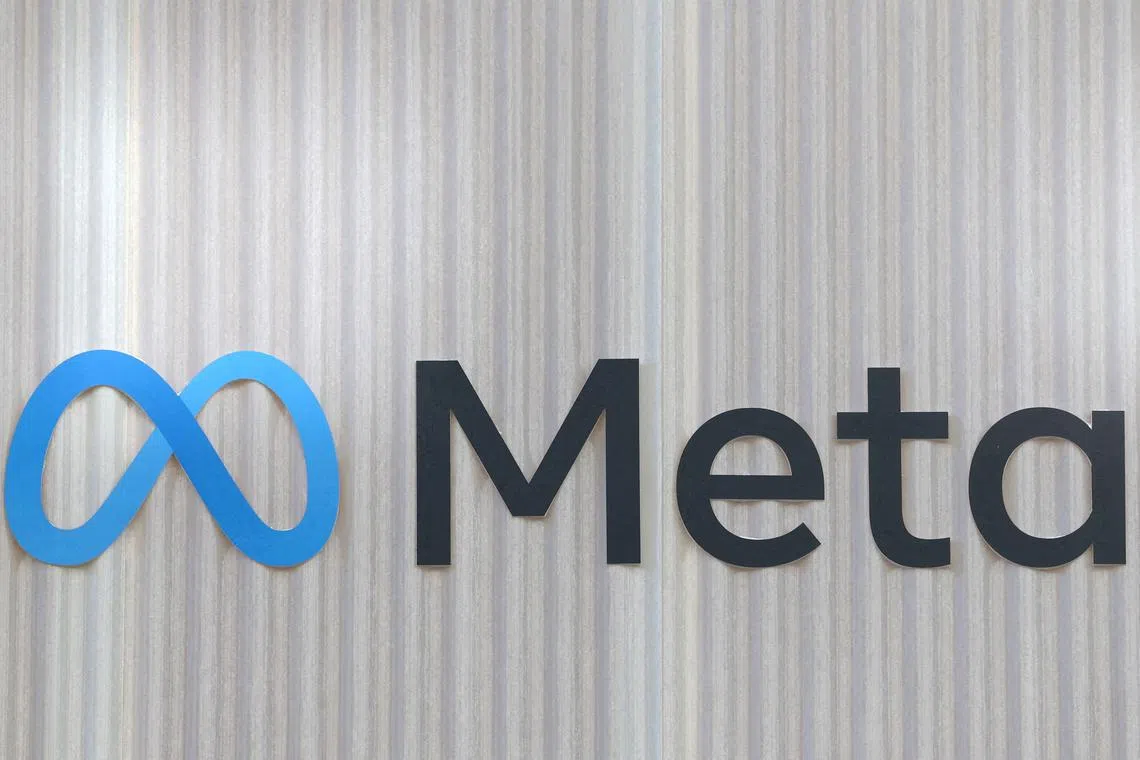Canada drops digital tax that infuriated Trump to restart trade talks
Sign up now: Get ST's newsletters delivered to your inbox

Canada has withdrawn its digital services tax on technology companies such as Meta Platforms Inc. and Alphabet Inc.
PHOTO: REUTERS
Follow topic:
OTTAWA - Canada has withdrawn its digital services tax (DST) on technology companies such as Meta Platforms and Alphabet in a move to restart trade talks with the US.
“Rescinding the DST will allow the negotiations to make vital progress and reinforce our work to create jobs and build prosperity for all Canadians,” Finance Minister Francois-Philippe Champagne said in a social media post on June 29.
On the afternoon of June 27, US President Donald Trump said he was ending all trade discussions with Canada, one of its largest trading partners, in retaliation for the digital tax. He also threatened to impose a fresh tariff rate within a week.
Instead, Mr Trump and Canadian Prime Minister Mark Carney agreed the countries will restart negotiations and try to agree on a deal by July 21, according to a statement. The Canadian dollar strengthened on the news.
For Canada, the economic stakes of those discussions are huge. About three-quarters of its exports go to the US, including the vast majority of its oil and many other commodities, as well as most of the cars and trucks it produces.
But the US also has something on the line: Canada is the largest buyer of US products. In 2024, the US exported about US$440 billion (S$561 billion) of goods and services to its northern neighbour and imported US$477 billion from it, according to US government data.
The first payment for Canada’s digital tax was supposed to be due on June 30.
The tax, which was passed into law in 2024 by the previous government of former Prime Minister Justin Trudeau, was meant to charge 3 per cent of the digital services revenue a firm makes from Canadian users above C$20 million (S$18.6 million) in a calendar year.
It would have cost large technology companies billions of dollars.
A number of countries, including the UK, has such taxes in place. Instead, Canada will suspend the payments that were due on June 30 and will create legislation to repeal the digital tax entirely, the finance department said.
Following Mr Trump’s post, Canadian business groups and politicians reiterated their calls for the Mr Carney’s government to drop the tax.
Opponents had long argued the levy would increase the cost of digital services and invite retaliation from the US.
But some saw the digital tax as a bargaining chip for Mr Carney’s government in its negotiations with the US. BLOOMBERG

